Keywords: Sbs
There are more than 200 results, only the first 200 are displayed here.
-
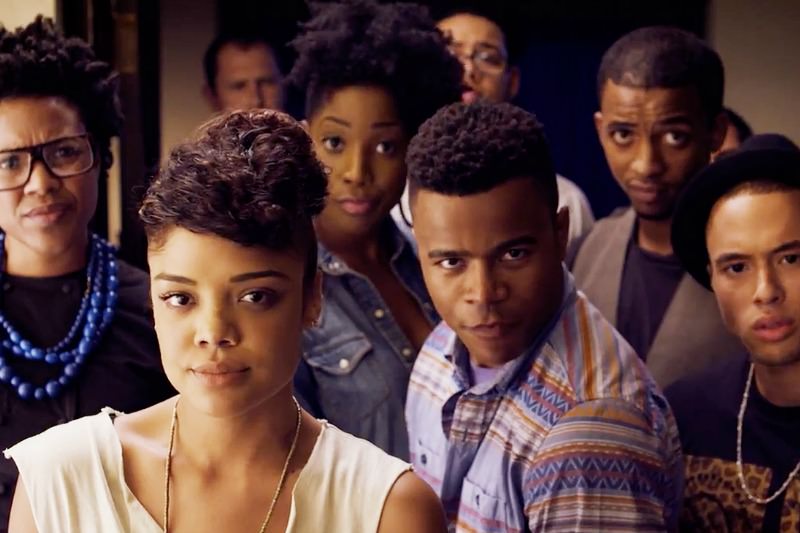
AUSTRALIA
I hung out with a group of Indian-Australians while I was a university student who called themselves 'curries', but the unspoken camaraderie that ensued from this self-identification stood in stark contrast to that time I was called a 'f***ing curry' by a passing car full of white people. You often hear from white people that they can't be called 'white' because that too is racist language. This reflects a flawed assumption that societal structures advantage and disadvantage people in the exact same way.
READ MORE 
-
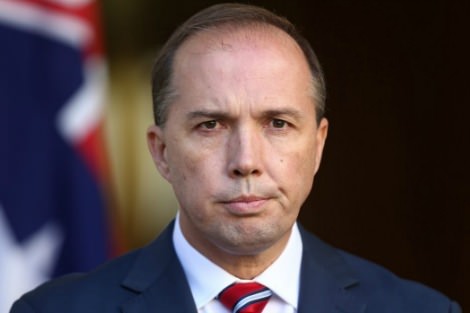
AUSTRALIA
- Fatima Measham
- 06 July 2017
10 Comments
The Guardian has revealed that two men holding dual Australian citizenship were sent to Christmas Island under section 501 of the Migration Act. The law enables the minister to detain or deport non-citizens who fail the 'character test'. The detention of these citizens was without question unlawful. The error was identified and they were released. It looks like a happy ending, but you'd have to squint hard.
READ MORE 
-
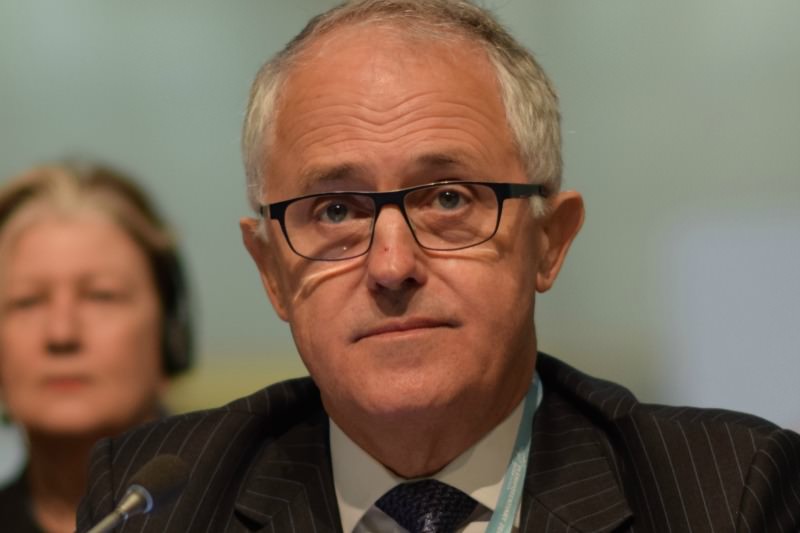
AUSTRALIA
- Fatima Measham
- 21 June 2017
15 Comments
In the latest Essential poll, the primary vote for Pauline Hanson's One Nation lifted to 11 per cent. It does not bode well when competence is no longer the baseline; though in a leadership vacuum, 'someone else' holds a natural appeal. In any case, there can be worse things than incompetence. There is timidity. Mediocrity. Running up the cost of doing nothing at all. In so many ways, the Australian political class is holding us back. That is the crux of nearly every policy impasse over the past several years.
READ MORE 
-
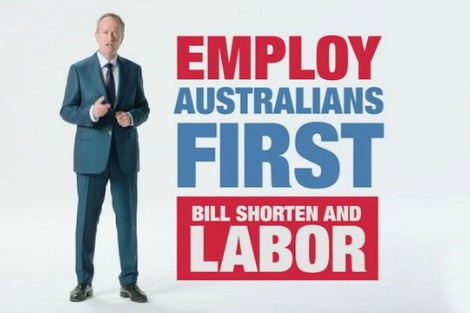
AUSTRALIA
I have never felt as uneasy in Australia as I do now. It extends through many areas of my life, from listening to the low level of our national debate about migration and refugees, to my long daily commute and the many high-profile incidents of racist incidents on public transport. The fact that 'micro parties' with overtly racist agendas are influencing major party messages, such as in Labor's recent 'Employ Australians First' advertisement, is concerning because it points to these parties' success.
READ MORE 
-
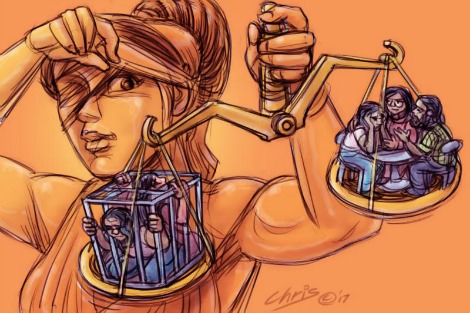
AUSTRALIA
- Ann Deslandes
- 31 March 2017
10 Comments
Australia was rated as the top destination for millionaire migrants in 2016 for the second year in a row. Meanwhile the latest Australian Institute of Health and Welfare reveal high correlations between prison entrance and indicators of entrenched poverty and discrimination. If we want our system for justice to amount to something more than a mirror of our inability to distribute wealth and opportunity evenly, we need to address the undeniable role wealth inequality has in putting people in prison.
READ MORE 
-
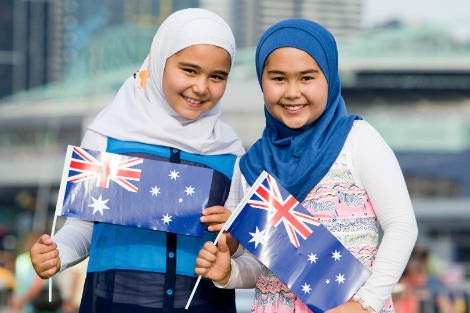
AUSTRALIA
- Tseen Khoo
- 24 January 2017
16 Comments
The removal of an Australia Day billboard featuring two girls in hijabs prompted a swell of support against Islamophobia. Alongside this was a backlash from those who read the action as forcing Muslim Australians to be complicit in the oppression of Indigenous peoples. My unease came from seeing intra-community tension manifest as dismissal and denigration of those who were considered not 'woke' enough to the politics and embedded racism surrounding invocations of Australian identity.
READ MORE 
-
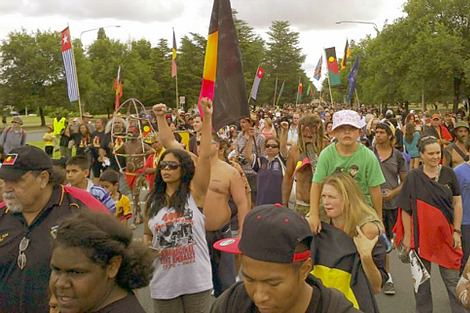
AUSTRALIA
- Celeste Liddle
- 23 January 2017
27 Comments
For many years I felt that by changing the date we might come to a more inclusive national celebration. However the past few years of Indigenous activism have left me cynical. The things we were fighting for decades ago are very similar to the things we're still fighting for. Australia has not acknowledged and rectified its history; rather it seems content to reinforce its amnesia. It's therefore unlikely I will be able to stop protesting this celebration, regardless of the day it's held upon.
READ MORE 
-
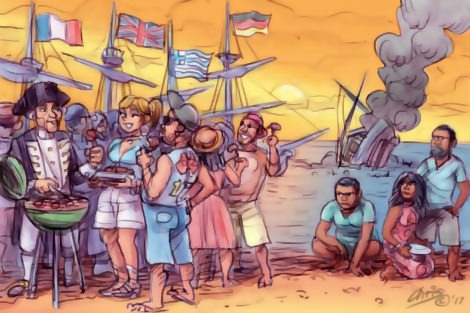
AUSTRALIA
- Ann Deslandes
- 20 January 2017
12 Comments
Like all authorised generalisations, this luminous, unified vision of Australia contains truth, exaggerations, and lies. As well as being a globally known story, it's also the story Australia most likes to tell itself; it sings through ideas like the lucky country, the land of the fair go, the land of the long weekend. Social research on Australia tells a more complex story. Australia is in fact an ethnocracy - a state that is formed in the image and for the benefit of a dominant ethnic group.
READ MORE 
-
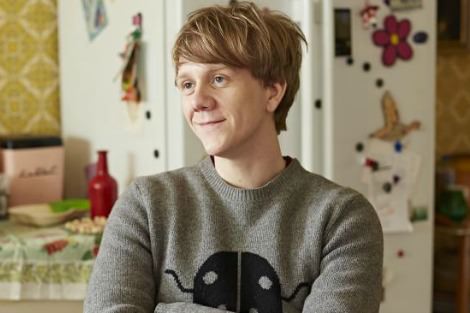
MEDIA
- Adolfo Aranjuez
- 29 November 2016
17 Comments
A recent Screen Australia report determined only 5 per cent of characters in Australian TV dramas could be identified as LGBTQI; less than half the proportion of real-world queer individuals in Australia. Media products are inherently normative, legitimising identities and lived realities through visibility. This is important, given the continuing debates surrounding marriage equality and the pervasiveness of homophobia, the result of which was seen in the suicide of 13-year-old Tyrone Unsworth.
READ MORE 
-

AUSTRALIA
- Osmond Chiu
- 16 September 2016
12 Comments
It is ironic that Hanson thrives on the perception that she is an authentic outsider against 'the system' when in fact she is part of that system. Think about how she is constantly given paid platforms by television networks. She hasn't been silenced by 'the system', her voice is heard and has been amplified. She is also no amateur, she is a professional and knows exactly what she is doing. She is not some 'battler' being picked on, and that needs to be emphasised.
READ MORE 
-
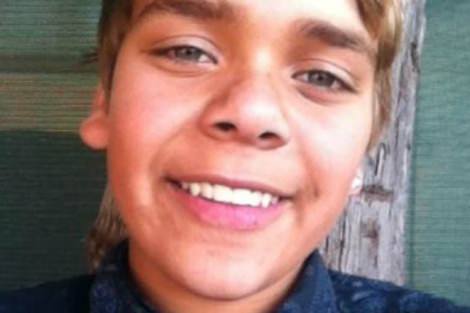
AUSTRALIA
- Kate Galloway
- 06 September 2016
5 Comments
This is the scandalous state of Indigenous affairs in Australia. Aboriginal and Torres Strait Islander people and their communities literally face a life and death struggle against the state itself. These are not isolated incidents. They represent the intrinsic failure of our society to heed the concerns of communities themselves, and to engage with fellow citizens in a dignified and respectful way. The failure is so grave that state treatment meted out to Indigenous Australians is actively harmful on a large scale.
READ MORE 
-

INTERNATIONAL
- Fatima Measham
- 15 June 2016
45 Comments
At the epicentre of all this is a place where young, queer men and women had felt safe and free to be themselves. The dead are almost all black, brown, gay and working class. If, as Dr Cornel West has often said, justice is what love looks like in public, then injustice must be what hate looks like, and there is perhaps no greater injustice than murder. Mass murder is hatred realised in full grotesque proportion. This means is that the little things we do to validate hatred are not inconsequential.
READ MORE 